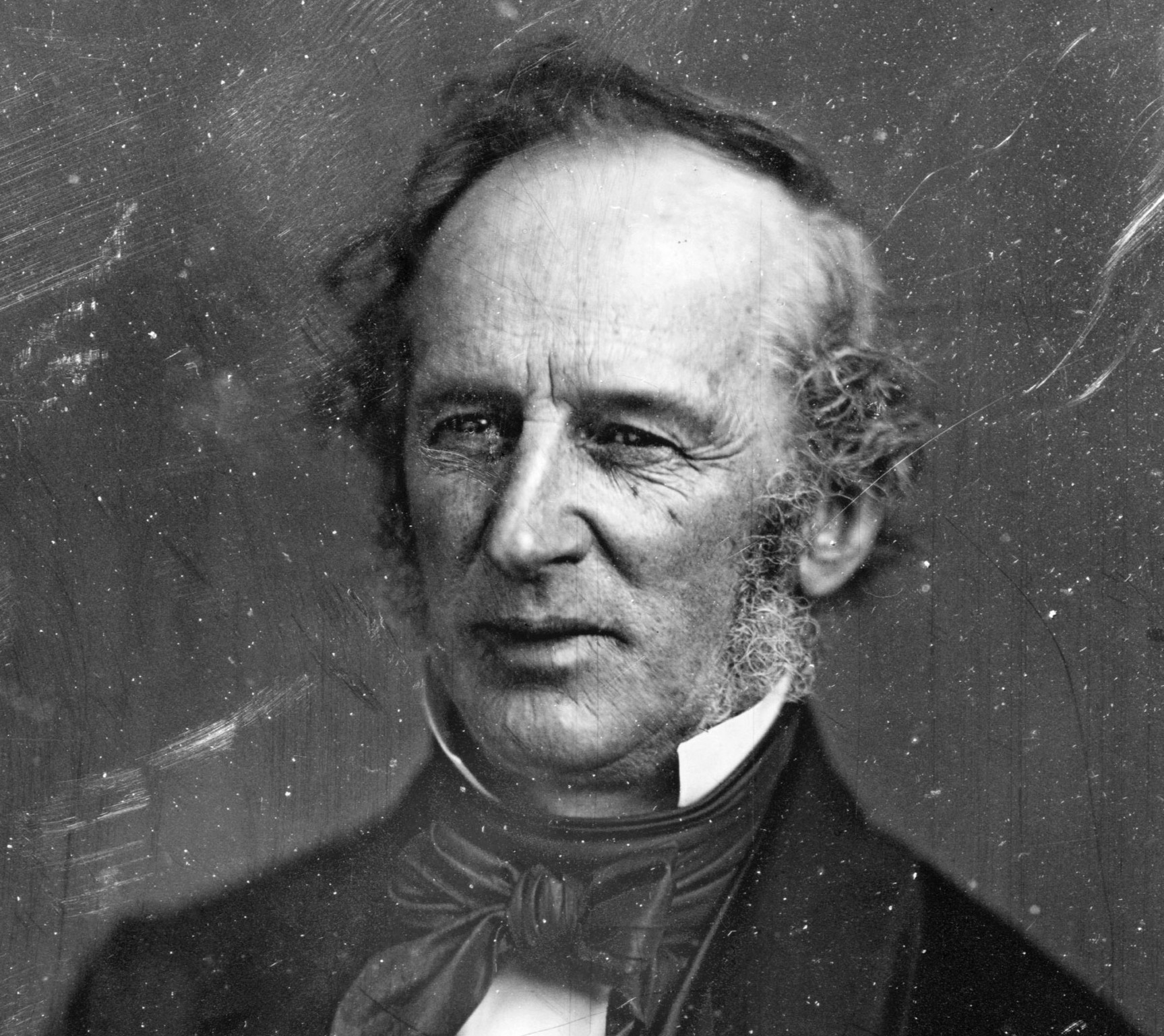Cornelius Vanderbilt
Articles
Historical Quotes
View more from News & Articles or Primerus Weekly

By Tom Kirvan
Nicknamed “Commodore,” Cornelius Vanderbilt lived a rags to riches story, becoming one of the wealthiest men in the world during the 19th century thanks to his vast shipping and railway holdings.
Born on May 27, 1794 in Staten Island, N.Y., Vanderbilt began his illustrious business career by ferrying goods and people along the inland waterways around New York in the early 1800s. His success in the maritime trade continued when he expanded into the steamboat industry where he cashed in by providing luxurious services to wealthy passengers.
His Midas touch continued years later when he began investing in railways, gaining control of the New York and Harlem Railroad in 1863, followed by a network of other rail lines that connected Chicago to New York. He was widely credited with transforming the geography of the United States by his intricate network of railways.

Known as the first of the “robber barons,” Vanderbilt also bore the brunt of criticism over the course of his business career for amassing wealth on the backs of a poorly-paid work force. He countered the criticism by becoming a noted philanthropist, donating $1 million that helped establish Vanderbilt University in Nashville, Tenn. At the time, the donation was the largest charitable gift in American history, helping cement the shipping magnate’s legacy as a generous philanthropist when he died in 1877 at the age of 82.
Twice married, Vanderbilt left most of his estate to his son, William (Billy), with the guiding words, “Any man can make a fortune; it takes a man of brains to hold onto it.”
His son took the advice to heart, nearly doubling his $100 million inheritance within the span of a decade. Other descendants of the family patriarch preferred to spend their inheritances lavishly on such homes as The Breakers, a 70-room mansion in Newport, R.I. and the magnificent Biltmore Estate, a 250-room French Renaissance castle in Asheville, N.C. It is there, across an 8,000-acre estate in the Blue Ridge Mountains, that one of Vanderbilt’s most famous quotes still echoes:
“A little more persistence, a little more effort, and what seemed hopeless failure may turn to glorious success.”